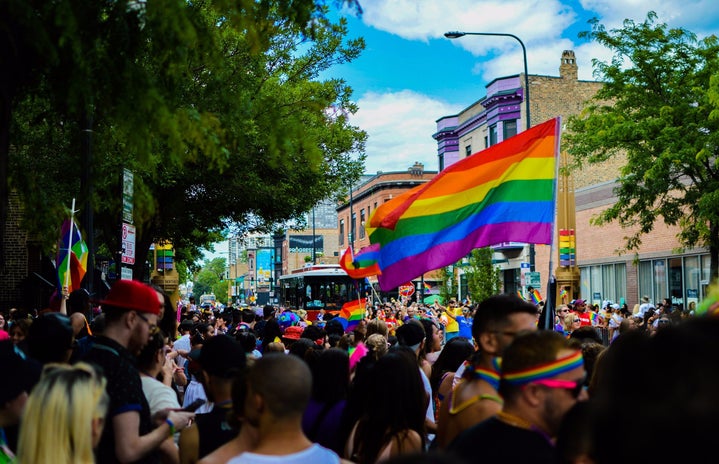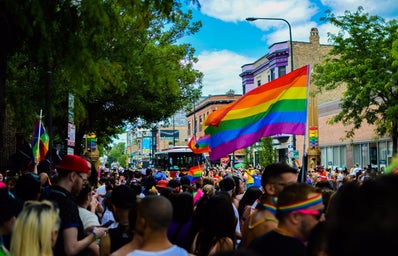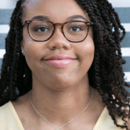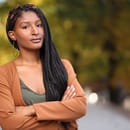As Black people, we have always found a way out of no way. When we weren‘t allowed in spaces, we created our own. We became the people we needed. Major media outlets like BET, Essence, and Revolt, were all created out of a need for more Black representation in media. However, Black queer people are still trying to find their place in these spaces. Both their Blackness, and their queerness make up their identity, but seldom do spaces embrace both identifiers at once. It is up to Black media outlets to ensure that they become those safe spaces.
The same week that George Floyd was murdered, Tony Mcdade, a Black trans man, was killed by police in Tallahassee, Florida. Two days later, on the first day of Pride Month, a video began to surface of a young trans woman, Iyanna Dior, being brutalized by a group of over twenty people at a gas station in Minneapolis. At the time, there were ongoing protests for social justice, with a high volume of them being in Minneapolis. Despite this, a Black trans woman’s life was still in danger. As the month continued, four other Black trans women were murdered.
Despite this being a necessary time to highlight the intersections of identities and complex discrimination for Black queer people, Black media outlets did not choose to cover these stories heavily. While some of them did feature stories about the issue on their website, most did not post about these instances on social media pages. Although social media is just one mode of representation, it is arguably the most accessible. More people are viewing BET’s Instagram page, than their op-ed columns. Support shouldn’t just come from staff writers, it should be visible throughout the entire company.
Representation does not and cannot just end there. Black queer people deserve to be seen not just in tragedy, but also in life.
Pose, a show centered around the ballroom scene of the eighties, is an innovative and necessary depiction of Black queer life. It shows all of their nuances and has given many members of the community their first opportunity to see themselves on screen. Despite its high ratings, the show was noticeably left off of many nomination lists this awards show season, which can be expected due to the lack of LGBTQ+ representation within the media companies who produce them.
It is deeply important that we demand more of our own people. Shows like Pose need support in order to continue and to make space for other shows of its kind. There is no reason for the channels that we turn as sources of representation not to allow for more diverse depictions of us.
Though these characters are fictional, their mere existence leaves a lasting imprint on viewers. Seeing the beloved character, Angel, being loved out loud as a trans woman in Pose or the way Lionel’s friends accept his gayness without question in Dear White People, shows young Black queer people that they are worthy. Not every show has to center queer people, but they should at least be free to exist in the same ways that their cis-het peers do. Not just to teach lessons, or for comedic relief, but characters with variance.
When we see people for who they are, we learn from them as well. News, television, and social media help us do that. Hindering Black queer people’s opportunities to be seen hinders their ability to effectively tell their stories, which contributes to unchecked oppressive attitudes. It is these attitudes that create an environment that allows for the unnecessary deaths of Black trans women. These attitudes play a role in the heightened suicide rates among young, queer Black men. It leads to more tragedy for the Black queer community than life.
The cycle of death and tragedy, combined with the stream of gaslighting discourse, misrepresentation, and a lack of tangible change is one that Black people know all too well. So, let us not practice the language of our oppressors. Instead, let us make the necessary decisions to work towards inclusive practices that mobilize vulnerable members of our community.
Black queer people are Black people. They have to be included in what we believe matters enough to be seen.



